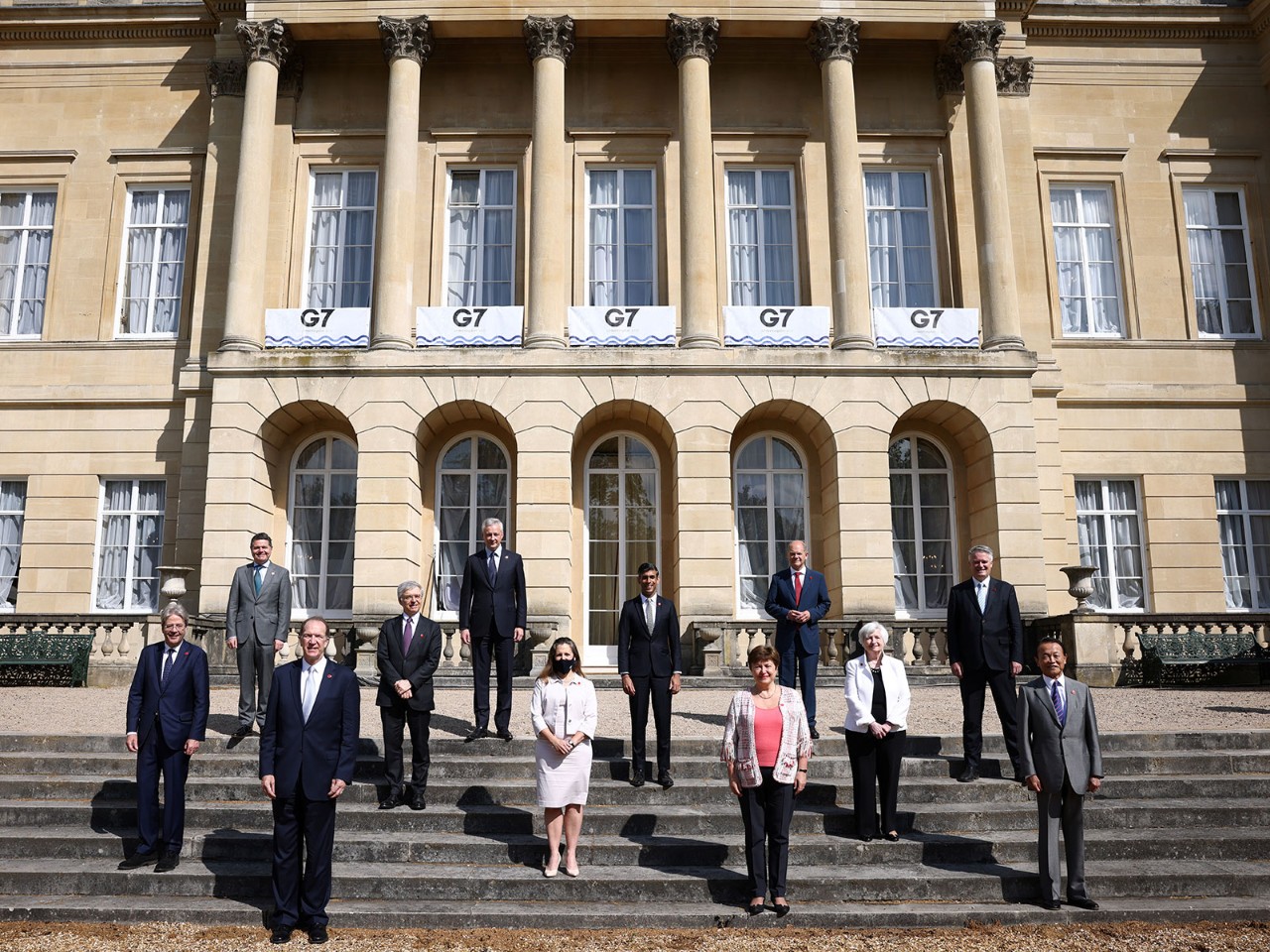
There is around a month to go until the government’s consultation on restoring trust in audit and corporate governance closes on 8 July. Some of the proposals contained in the 200-plus pages of the document issued by the Department of Business, Energy and Industrial Strategy have been well received. Others have not, while the post-pandemic viability of more have been questioned.
In a wide-ranging conversation with Maggie McGhee, ACCA’s executive director for governance, Jon Thompson, the CEO of the Financial Reporting Council (FRC), has shared key insights into – and some personal views on – key aspects of the proposals.
Sox comparisons
Beyond transforming the FRC into a larger and more powerful regulator (which will be renamed the Audit, Reporting and Governance Authority – Arga), the proposals have four broad aims:
- rebuild public trust
- ensure the UK’s corporate entities are responsibly governed
- empower investors and wider stakeholders
- keep the UK’s legal framework at the forefront of best practice
So far, so good, though Thompson admits there is some tension between the goals – mainly between the cost of producing more information, and its use and usefulness. He says: ‘The question is, is it worth it? Is it understandable? Are shareholders actually interested in it?’
But he also cautions sceptics, saying that his conversations with companies suggest that while they believe ‘shareholders are not that engaged’, they are generally not fazed by the potential new governance requirements and see them as a ‘reasonable step forward’.
‘It’s not Sox. It only applies to financial reporting, not all of internal controls’

A good example of potential conflict between cost and usefulness is the range of proposals to achieve the consultation’s internal controls objectives. Some respondents to the initial FRC review suggested there was a ‘serious case for possibly adopting elements of the regime that applies in the US under the Sarbanes-Oxley Act’ (Sox).
Thompson is quick to stress that companies won’t have to shoulder similar costs to US entities. ‘It’s not Sox,’ he points out, since the proposals suggest that it 'only applies to financial reporting, not all of internal controls.’
‘No auditor’ problem
One area that does worry Thompson is the growing issue of ‘no auditor’ outcomes, where listed companies fail to attract an auditor to sign off on the books.
When there’s a corporate collapse, people should be asking, 'where was the board?’
‘We have come very close to listed companies not having an auditor,’ he says. ‘We can’t currently force an audit or implement a regulatory regime [to support the appointed auditor].’
Shared audits
Auditors large and small have been pushing back against the government’s proposals for shared audits. Larger firms are wary of smaller firms’ audit capabilities and reluctant to assume total responsibility for shared work. Smaller firms fear they may be awarded only the more transactional tasks, which would undermine their hope that shared audits would help them improve skills.
In addition, Thompson argues that some of the focus should be on internal audit. ‘Internal audit is a vital part of the infrastructure of an organisation,’ he says, and admits concern and surprise that ‘during Covid, internal audit was easily sacrificed to save cash’.
He urges stakeholders to focus on the board too. He says: ‘When there’s a corporate collapse, people ask, where were the auditors? They should be asking, where was the board?’
According to Thompson, the roots of corporate collapse typically lie in poor board decision-making. If the auditor’s report is understandable, then the board has the information it needs to steer the business away from stormy waters, and investors know where to apply pressure.
Recruitment crisis?
Behind all the proposals sits one assumption that has remained largely unaddressed. Audit is a growing market and the proposed expansion of the definition of public interest entity will impose a more onerous compliance burden in terms of governance and audit regulation, which will require additional support from auditors. This could result in a skills shortage, something that is not specifically addressed in the consultation.
Ultimately, Thompson believes that the proposals will help to build trust and confidence in UK business. They ‘ought to close the expectation gap’, he says. There will, he accepts, be ‘marginal additional cost’, but the effect will be to increase international competitiveness and keep the UK ‘a great place to invest’.
Further information
Listen to the conversation between Maggie McGhee and Jon Thompson.




